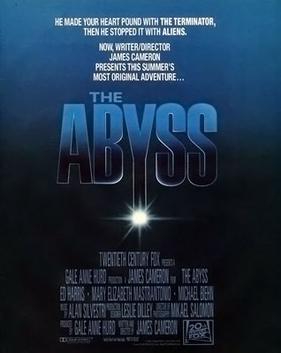Part 2:
Titanic sub boss told me dive was 'safer than crossing street', says tycoon
https://www.thesun.co.uk/news/22787572/oceangate-stockton-rush-titan-sub-safe-half-price-tickets/
The pilot uses a modified Logitech gaming controller — complete with twin thumbsticks and four colourful buttons, that allow the operator to manoeuvre the sub.
And Chris revealed further unease due to technical issues and delays, which left him questioning whether or not the firm was cutting corners.
Chris said: “I found out they used old scaffolding poles for the sub’s ballast — and its controls were based on computer game-style controllers.
“If you’re trying to build your own submarine you could probably use old scaffold poles. But this was a commercial craft.
“Eventually I emailed them and said, ‘I’m no longer able to go on this thing’. I asked for a refund after being less than convinced.”
The ten-ton sub’s crew have been missing since Sunday after they descended to visit
the Titanic — which sank to 12,500ft in the Atlantic in 1912 with the loss of 1,517 lives.
The sub lost contact with its mother ship one hour and 45 minutes into the expedition.
It came to light that a friend of
King Charles is also on board the stricken sub.
Pakistani businessman
Shahzada Dawood, 48 — a UK-based board member of
the King’s charity
The Prince’s Trust International — was joined on the mission by his son, Suleman, 19.
A spokesman for The King said he has “asked to be kept fully up to date on the situation”.
The three Titan trippers paid £200,000 to be trained to become “mission specialist crew members”.
The undersea team is believed to have been led by OceanGate trip company boss
Stockton Rush and veteran French submariner
Paul-Henry “PH” Nargeolet, 77.

8
Brit billionaire Hamish Harding has been named as a passenger on the missing sub

8
OceanGate trip company boss Stockton Rush is believed to have led the undersea teamCredit: CBC

8
Veteran French submariner Paul-Henry 'PH' Nargeolet, 77, is also on board

8
Shahzada Dawood, 48, was joined on the mission by his son, Suleman, 19

8
OceanGate Expeditions Titan submersibleCredit: AP
A massive air-sea search was expanded to 7,600 square miles around the sunken liner.
Military planes scoured the scene and sonar buoys were dropped which can detect sounds generated by a sub up to a depth of 13,000ft — including the crew shouting or knocking on the hull.
But experts conceded there was only a one per cent chance of a successful rescue amid fears that Titan may have suffered an “explosive decompression”.
It was hoped that such an event would be detected by the US military as its navy runs undersea listening posts.
But even if the vessel’s titanium hull remained intact, its oxygen supply was limited to 41 hours as of 6pm on Tuesday UK time, the US Coast Guard said.
Experts said the best hope for success was that the Titan managed to resurface and had yet to be found in the vast search area 900 miles east of
Cape Cod in the US.
Chris met Hamish on a trek to the
South Pole alongside veteran US astronaut
Buzz Aldrin in 2016.
The two Brits were holidaying on
Sir Richard Branson’s Necker Island that year when they decided to join a Titanic mission.
At the time both paid a ten per cent deposit on the then £80,000 voyage after a “few beers.”
The cost had since more than doubled.
Chris said: “I was one of the first people to sign up for this trip with OceanGate while the submersible was being developed.”
But he said in the years that followed he was told OceanGate had missed key targets as they depth-tested Titan.
He said: “We decided the risks were too high in this instance, even though I’m not one to shy away from risk.”
Chris added: “I feel really upset about Hamish — he’s an extremely easy guy to get along with
“One thing’s for certain, Hamish isn’t the sort of fellow to panic. He’ll be extremely calm and will be processing plans, schemes and ideas through his enormous brain.
“I fully expect he’ll be a calming influence on the others in the sub, and will be giving them hope.”

















